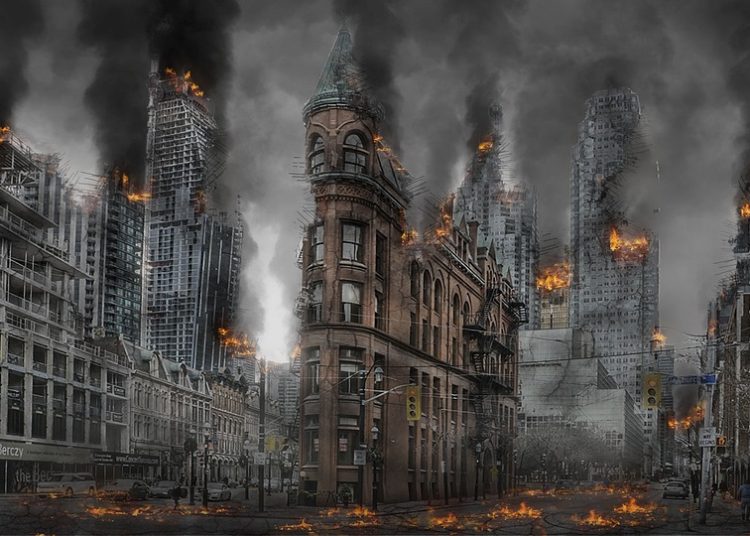The Spark of Conflict: Exploring the Historical Factors that Ignited World War
World War I, also known as the Great War, was a global conflict that lasted from 1914 to 1918 and involved most of the world’s great powers. The war was sparked by a complex web of historical factors that had been building for decades, and ultimately led to one of the deadliest conflicts in human history. In this article, we will explore the key historical factors that ignited World War I and examine how they contributed to the outbreak of the war.
The Alliance System
One of the primary factors that ignited World War I was the system of alliances that had developed in Europe in the years leading up to the war. The major powers of Europe had formed a series of alliances with one another, which meant that if one country was attacked, its allies would be obligated to come to its defense. This created a delicate balance of power in Europe, as any conflict between two countries had the potential to drag in multiple other countries and escalate into a larger war.
Nationalism
Nationalism was another key factor that contributed to the outbreak of World War I. In the years leading up to the war, nationalist movements were on the rise in many countries, as people sought to assert their own national identities and break away from the control of larger empires. This led to tensions between different ethnic groups and countries, as each sought to assert its own national interests and protect its own sovereignty.
Imperialism
Imperialism was also a significant factor that ignited World War I. In the late 19th and early 20th centuries, European powers were engaged in a fierce competition for colonies and territories around the world. This competition led to tensions between the major powers, as each sought to expand its own empire and secure access to key resources and markets. These tensions ultimately boiled over into conflict, as countries fought for control of territories and resources in Africa, Asia, and the Middle East.
Militarism
Militarism was another factor that played a role in igniting World War I. In the years leading up to the war, many countries in Europe were engaged in a massive arms race, as each sought to build up its military capabilities in order to deter potential enemies and assert its own power. This arms race created a sense of competition and hostility between the major powers, as each sought to outdo the others in terms of military strength and preparedness.
The Assassination of Archduke Franz Ferdinand
The assassination of Archduke Franz Ferdinand of Austria-Hungary was the spark that ultimately ignited World War I. On June 28, 1914, the Archduke was assassinated in Sarajevo by a Serbian nationalist, Gavrilo Princip. The assassination set off a chain of events that led to Austria-Hungary declaring war on Serbia, which in turn drew in other countries and ultimately sparked the global conflict that became World War I.
The Role of Technology
Technology also played a significant role in igniting World War I. Advances in military technology, such as machine guns, tanks, and airplanes, made warfare more deadly and destructive than ever before. These new technologies allowed countries to wage war on a scale and with a ferocity that had never been seen before, leading to massive casualties and devastation on the battlefield.
The Legacy of World War I
World War I had a profound impact on the world, both during the war itself and in its aftermath. The war led to the collapse of empires, the redrawing of national boundaries, and the emergence of new political ideologies and movements. It also set the stage for World War II, as the unresolved issues and tensions from the first war continued to simmer and eventually boiled over into another global conflict.
Conclusion
In conclusion, the factors that ignited World War I were complex and multifaceted, but ultimately stemmed from a combination of alliances, nationalism, imperialism, militarism, and technological advances. The assassination of Archduke Franz Ferdinand served as the spark that set off the conflict, but the underlying causes had been building for years. The legacy of World War I continues to shape the world today, reminding us of the importance of understanding and addressing the root causes of conflict in order to prevent future wars.
By examining the historical factors that ignited World War I, we can gain valuable insights into the causes of war and the ways in which conflicts can be prevented and resolved. It is essential that we learn from the lessons of the past in order to build a more peaceful and prosperous future for all.












